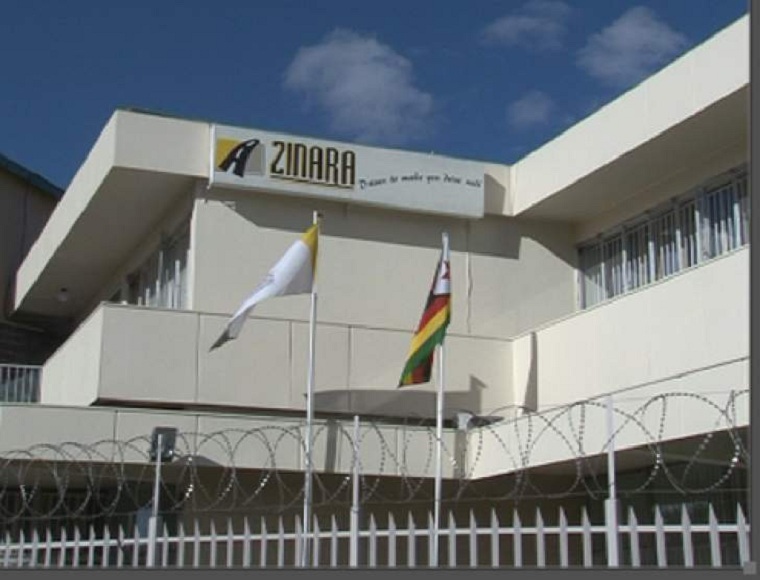The True Nature of the Agreement
- In the letter dated 8 April 2016, written by the then State procurement Board to ZINARA “granting condonation”, the Agreement between ZINARA and Univern is referred to as a Public-Private-Partnerships (PPP).
- The agreements themselves contain no such description. The main agreement calls itself a Concession Agreement.
- A PPP agreement is one in which a private investor provides huge amounts of capital in an infrastructural project, wherein the Government/public entity lacks the needed capital. For consideration, the private investor is rewarded through fees arising from use of the capital project or is allowed to operate to its own benefit. The latter is often referred to as a Build Own and Transfer (BOT) or Build, Own, Operate and Transfer (BOOT).
- The World Bank defines a PPP as “a long term contract between a private party and a government entity, for providing a public asset or service, in which the private party bears significant risk and management responsibility, and remuneration is linked to performance.”
- In 2016 the Government enacted the Joint Venture Act [Chapter 22:22]. This Act, uses the word Joint Venture in place of PPP. This Act did not apply at the time that the agreements were concluded but its definition of a PPP or Joint Venture is incisive. In Section 2, a Joint Venture Agreement is defined as follows, “an agreement between a contracting authority and a counterparty, approved under this Act, in terms of which –
- the counterpart undertakes to perform a contracting authority’s function on behalf of the contracting authority for a specified period; and
- the counterparty receives a benefit for performing the function by way of-
- compensation from funds appropriated by Parliament; or
- funds obtained by way of loan by the contracting authority; or
- user levies; or
- revenue generated from the project; or
- any combination of the foregoing; and
- the counterpart is liable for the risks arising from the performance of its function; and
- public resources may be transferred or made available to the counterparty and includes any of the types of agreement specified in Part II of the Schedule.
Continued next page
(254 VIEWS)


